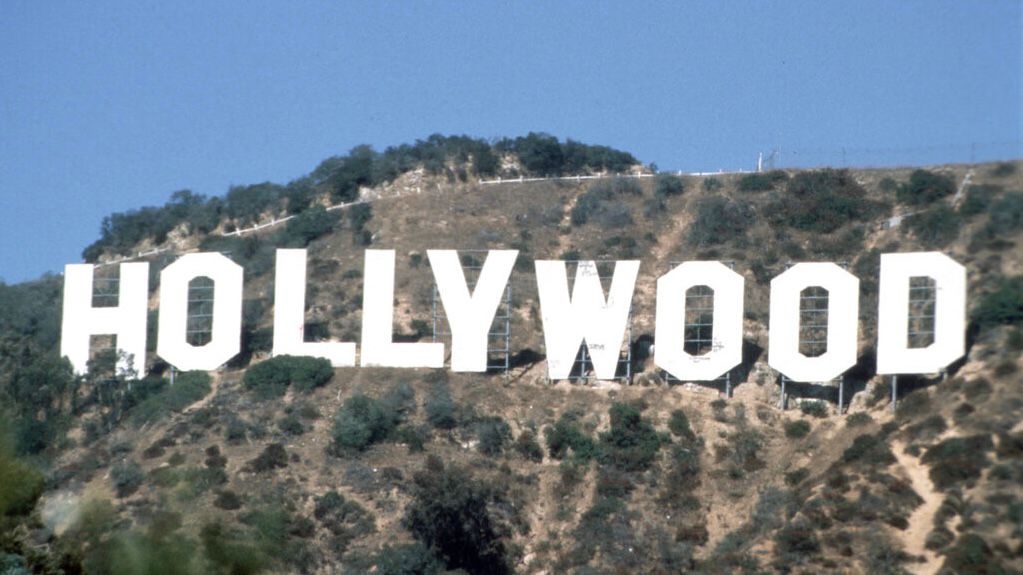Entertainment
Hollywood productions slow to rebound following strikes, report says

Hollywood has been slow to rebound following last year’s writers and actors strikes. Television production fell 16.2% in the first quarter of 2024 compared with a year earlier and local on-location filming fell 7.7%, according to a new report from FilmLA.
“Since the first week of January, people have called FilmLA to say, ‘I am still looking for work. The phone isn’t ringing. Is the industry back?’’ FilmLA President Paul Audley said in a statement. “Unfortunately, production is still slow, and things are not as they were.”
Members of the Writers Guild of America struck the major Hollywood studios May 2 through Sept. 27 last year, overlapping with members of the Screen Actors Guild, who struck July 14 through Nov. 9 to demand higher residual payments from streaming services and protections over the use of artificial intelligence.
While both groups struck significant deals with the major Hollywood studios to increase pay and secure AI protections, the industry’s highly anticipated return to production at the start of 2024 took eight to ten weeks to materialize, the report found.
“Many who weathered months without access to work and income had hoped filming would return quickly after the holidays,” Audley said. “Production didn’t really stabilize until March.”
FilmLA found fewer cast and crew jobs associated with film permits for the first three months of 2024 compared with the same months in 2023. Compared with last year, January saw the largest drop off in jobs (-30.6%), followed by February (-5.1%) and March (-0.4%).
Television productions saw the steepest declines as studios canceled series and productions left the city, led by reality TV (-18.6%) and TV drama (-5.5%). Commercials filmed for television and web also fell (-9.6%).
Feature film productions were a rare bright spot, increasing 6.6% in the first quarter compared with a year earlier.
Last December, a study from the Otis College of Art and Design found the LA entertainment industry lost 17% of its workers during the writers and actors strikes.
While actors and writers saw the most rapid declines in job losses while the unions were striking, camera operators, editors and sound and lighting technicians were also severely affected, the study found.
Even before 160,000 members of SAG-AFTRA and 11,500 members of the Writers Guild of America went on strike, entertainment industry employment was shrinking. After peaking in May 2016, entertainment employment has fallen by 26%, according to the Otis report.










